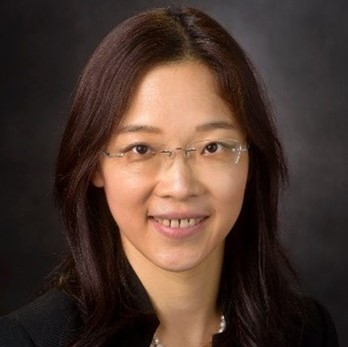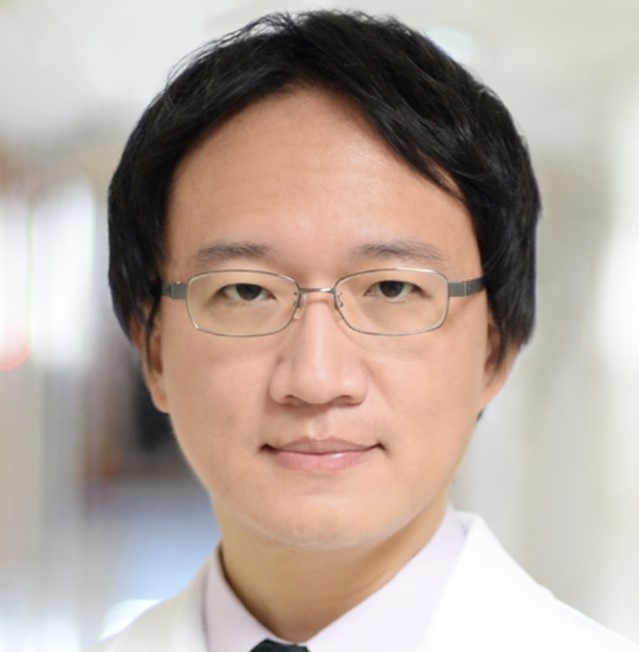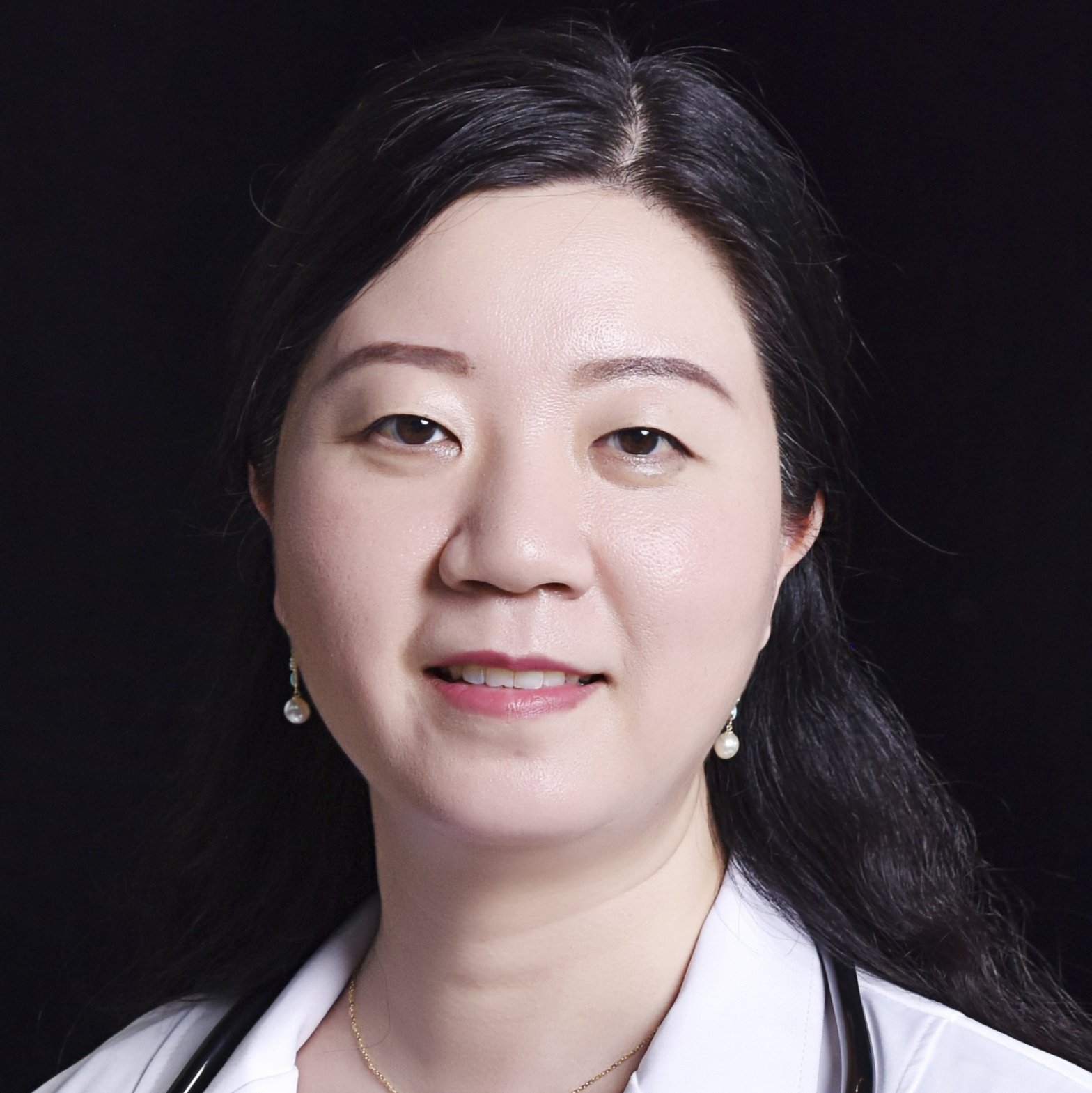
Navigating Treatment Decisions in Advanced NSCLC:
Update on Molecular Testing and New Targeted Treatment Options
The use of advanced testing technology for genomic profiling (e.g. NGS) has led to the identification of rare actionable molecular drivers, including MET exon 14 skipping mutations, RET fusions and KRAS G12C mutations, and resistance mechanisms to targeted therapy. Several new targeted therapies have recently entered clinical practice based on clinically meaningful efficacy and favorable safety profiles. However, despite these advances, the molecular testing in clinical practice, especially for uncommon alterations, remains suboptimal and available methods are not used appropriately. Thus, patients may not receive optimal treatment.
The primary goal of the live webinar is to provide practical advice on how to utilize advanced molecular testing strategies to not miss rare actionable biomarkers, and how to use new targeted treatment options to optimize care of NSCLC patients with specific molecular alterations.
Faculty

Cai-Cun Zhou, MD, PhD
Shanghai Pulmonary Hospital
Tongji University
Shanghai, China
Caicun Zhou is currently Chief Physician and Director of the Oncology Department at Shanghai Pulmonary Hospital Affiliated to Tongji University and Director of the Oncology Research Institute at Tongji University School of Medicine. He is also the head of the key discipline of respiratory diseases in Shanghai, Chairman of the CSCO Non-small Cell Lung Cancer Committee, Chairman of the Chest Cancer Branch of China Medical Promotion Association, and the leader of E-WEST. Moreover, Professor Zhou joined the IASLC Board of Directors in 2019, serving on the association’s Tobacco Control and Cessation Committee and Education Committee from 2010-2014. He was elected as the President-Elect of the Council of IASLC for 2023-2025 and the President for 2025-2027. Professor Zhou studied medicine at Nantong Medical College, earned his PhD from China Medical University and served as a fellow at Tokyo National Chest Hospital. In 2002, he worked as a visiting scientist at the MD Anderson Cancer Center. With more than 20 years of experience in clinical oncology, Professor Zhou has focused his research on early detection, molecular targeted therapy, anti-angiogenesis therapy and immunotherapy in lung cancer. He has been involved in more than 30 large-scale clinical studies, changed the guidelines for diagnosis and treatment of lung cancer in China, published over 200 articles in international peer-reviewed journals, and written three books on lung cancer. Professor Zhou has won several notable awards, including a second prize in the National Science and Technology Progress Award, a first prize in the Shanghai Science and Technology Progress Award, and the IASLC Cancer Treatment Team Award. In addition, he also won the Special Allowance from the State Council and is one of the leading talents in Shanghai.

Xiuning Le, MD, PhD
MD Anderson Cancer Center
The University of Texas
Houston, United States
Xiuning Le is a tenured Assistant Professor in the Department of Thoracic/Head and Neck Medical Oncology at the University of Texas M.D. Anderson Cancer Center. Dr. Le received her M.D. from Peking Union Medical College in 2003, and her Ph.D. from Harvard Medical School in 2010. Her research focuses on cancer genomics and precision medicine with an expertise in cancer genetics and genomics, signaling pathway analysis, and disease modelling. She is also active in translational research. Dr. Le is the Principal Investigator of multiple large clinical trials on oncogene-driven lung cancer and leads many clinical trials as key investigator, including trials that have resulted in FDA approvals of novel targeted therapy and changes in standard of care treatments. Dr. Le has published more than 90 articles in peer-reviewed journals in the field of lung cancer and presented her work at many international conferences, including AACR, ASCO, WCLC, ESMO, etc. She has received numerous grants and awards, such as the ASCO Young Investigator Award, the V Foundation Clinical Investigator Award, and the Damon Runyon Clinical Investigator Award. Currently, Dr. Le is concentrating on investigating oncogene-driven lung cancer, such as EGFR, HER2 and METex14, the mechanisms of resistance and new combinations that overcome resistance, and the new applications of immunotherapy in lung cancer.

Chien-Feng Li, MD, PhD
Chi Mei Medical Center
Tainan, Taiwan
Chien-Feng Li is currently Chair of the Department of Clinical Pathology and Laboratory Medicine, Chief of the Core Laboratory of Trans-Omics for Precision Medicine at Chi Mei Medical Center. He is also affiliated with the Department of Medical Research, serving as Chair and the principal investigator of the Translational Research Laboratory of Human Cancers. Moreover, he is a Joint-Appointment Professor at National Sun Yat-sen University and also a Joint-Appointed Investigator at National Institute of Cancer Research, National Health Research Institutes in Taiwan. Dr. Li received his medical degree from Kaohsiung Medical University in 2002, and his PhD from National Sun Yat-sen University in 2012. His research focuses on the effect of genetic, epigenetic, expression, and metabolic alterations on cancer progression and metastasis. Dr. Li has published a range of articles in peer-reviewed journals as lead author, including 11 articles on the oncogenic properties of metabolic transformations and experimental therapeutics, with special attention on sarcomas, and 5 publications on the pathogenesis of urothelial cancer and resistance to therapy. In addition, he has been committed to researching genome and/or epigenetic regulation and the oncogenic roles of critical E3 ligases - Skp2, RNF8, HectH9, etc. in several international collaborations. As a pathologist, he is also particularly interested in the molecular diagnostics of cancer, seeking the utilities of next-generation sequencing (NGS) in profiling cancer genomics. Currently, he is concentrating on investigating how the metabolic characteristics of cancer affect tumor progression and how metabolic aberrations induce/enhance mutagenesis.

Hui-Juan Wang, MD, PhD
Henan Cancer Hospital
Zhengzhou, China
Huijuan Wang is currently an Associate Professor, Chief Physician and Director of Ward Two of the Department of Respiratory Medicine, Division of Medical Oncology at Henan Cancer Hospital. She is mainly engaged in clinical and basic research of lung cancer and specializes in targeted and comprehensive treatment of solid tumors, as well as individualized treatment. Dr. Wang has published 20 articles in academic journals and received several awards, including a second prize twice in the Henan Provincial Science and Technology Progress Award, second prize in the Henan Provincial Medical Science and Technology Progress Award, and a prize in the Henan Provincial Medical New Technology Introduction Award. In addition, Dr. Wang serves on several committees, and is a member of the Standing Committee of the CSCO Expert Committee on Immunotherapy and the Standing Committee of the CSCO Expert Committee on Patient Education, the Standing Committee of the Cancer Assessment Society of China Anti-Cancer Association, the Lung Cancer Committee of China Anti-Cancer Association, and is Vice Chairman of the Expert Committee on Precision Medicine of Thoracic Tumors of the China Primary Health Care Foundation.
09:30-09:40 Welcome and NSCLC quiz
Chair: Caicun Zhou, MD, PhD and Xiuning Le, MD, PhD
09:40-10:00 Fine-tuning the molecular profiling in advanced NSCLC
Chien-Feng Li, MD, PhD
10:00-10:10 Panel Discussion: Expert insights on molecular testing strategies
Moderator: Caicun Zhou, MD, PhD
10:10-10:30 Update on new targeted treatment options for patients with specific NSCLC subtypes
Huijuan Wang, MD, PhD
10:30-10:40 Panel Discussion: Expert insights on emerging targeted treatment options
Moderator: Xiuning Le, MD, PhD
10:40-11:00 Tackling resistance to targeted therapy
Xiuning Le, MD, PhD
11:00-11:10 Panel Discussion: Expert insights on overcoming resistance to EGFR TKIs
Moderator: Caicun Zhou, MD, PhD
11:10-11:20 Quiz Questions Revisited and Pearls for Practice
Chair: Caicun Zhou, MD, PhD and Xiuning Le, MD, PhD
The proposed educational activity is designed specifically for medical oncologists, pulmonologists, pathologists, oncology fellows, and other healthcare professionals involved in the management of patients with lung cancer in China.
Upon completion of this educational activity, participants should be able to:
• Evaluate broad molecular testing strategies (in tissue and plasma) for advanced NSCLC to detect all actionable biomarkers
• Assess optimal use of new targeted therapies for NSCLC patients with specific molecular alterations including MET exon 14 skipping mutations, RET fusions and KRAS G12C mutations
• Identify diagnostic and treatment strategies for patients who develop acquired resistance to EGFR TKI
This activity is provided by ACE Oncology.
This educational activity is supported by an independent grant from the Healthcare business of Merck KGaA, Darmstadt, Germany.
This activity provides content that is evidence-based, balanced, and free of commercial bias, with a primary objective to improve the competence and performance of learners in order to improve patient care. There is no fee for this activity.
